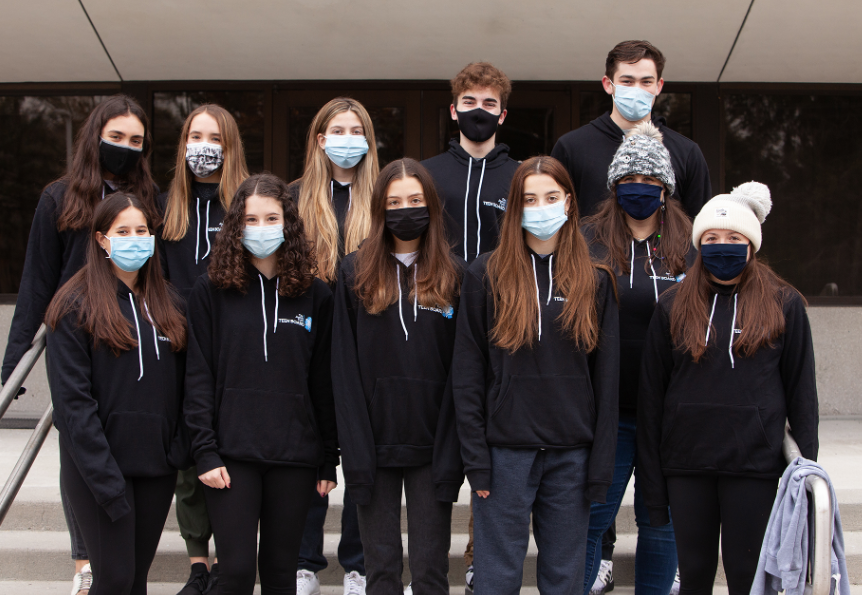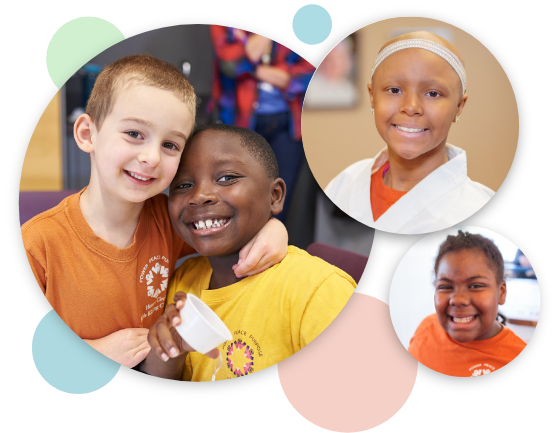
Celebrating togetherness after a two-year hiatus, the Heroes Circle 2022 Belting Ceremony was funded, in part, by a grant awarded from the Jewish Fund’s Teen Board division after members made a site visit to see how their allocation would be used.
The Jewish Fund, a grant-making organization established and endowed by proceeds from the sale of Sinai Hospital to the Detroit Medical Center, was founded in 1997. In the early 2010s, the organization’s board established a Teen division, allowing high school students to learn how philanthropy and grant-making decisions happen.
Laura Charnas, The Jewish Fund’s Teen Board Coordinator, explains how the 58 high school-aged members, embodying broad swaths of the Jewish community, are selected out of a pool of candidates representing 12 different high schools and as many congregations.
“The process for selecting grant recipients is all teen-led,” Charnas explains. “The teens start their term by selecting a focus area and researching local organizations, then recommend selected organizations to send out RFPs [request for proposal]. After receiving the proposals, we set up virtual site visits to learn about the organizations.”
She added that Teen Board members meet and discuss the various proposals, build consensus, and then recommend allocations of varying amounts to the selected awardees. It then forwards those recommendations to the full Jewish Fund board for approval. For the two-year term that ended in May, the teens had 14 proposals to vet.
“We work alongside the ‘adult’ board and participate in a full grant cycle,” Charnas says. “We start in August and pick our focus area; for example, the last two years focused largely on mental health, and the teens take their role very seriously.” She described how smaller, breakout groups then conduct site visits, reporting their observations to the full Teen Board for discussion.
“This year we added an anti-Semitism focus as well,” Charnas says. “I think site visits really help the teens see the programs they’re going to fund, and that usually is what drives the choices the board makes. The Teen Board is a practical way of introducing teenagers to the mechanics of philanthropy.”
Yakira Hyman, whose second-year Teen Board term ended this May, says her experience was a deep dive into the grant application process, and deciding to award KKC money for its ceremony fell squarly within the group’s mandate.
“Our mission statement this year was to help support mental wellness in the community and Kids Kicking Cancer isn’t only an organization that [helps] kids with cancer through breathing techniques and mental health advice,” she says, adding “it also helps other [children] and families in the community, even if they aren’t sick.”
Hyman added how participation gave her “…the opportunity to make a difference in our community while educating me further grant processes and nonprofit organizations, and feel like we’re making a difference even though we’re young.”
